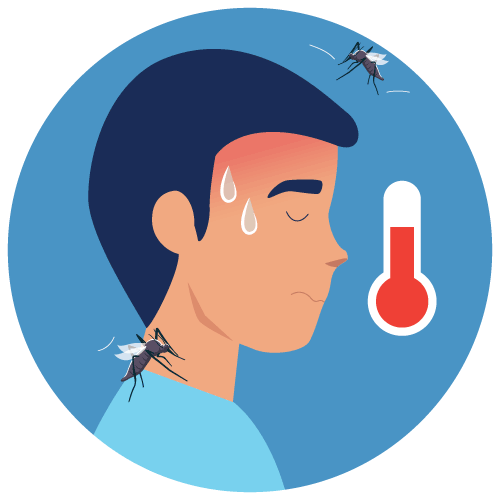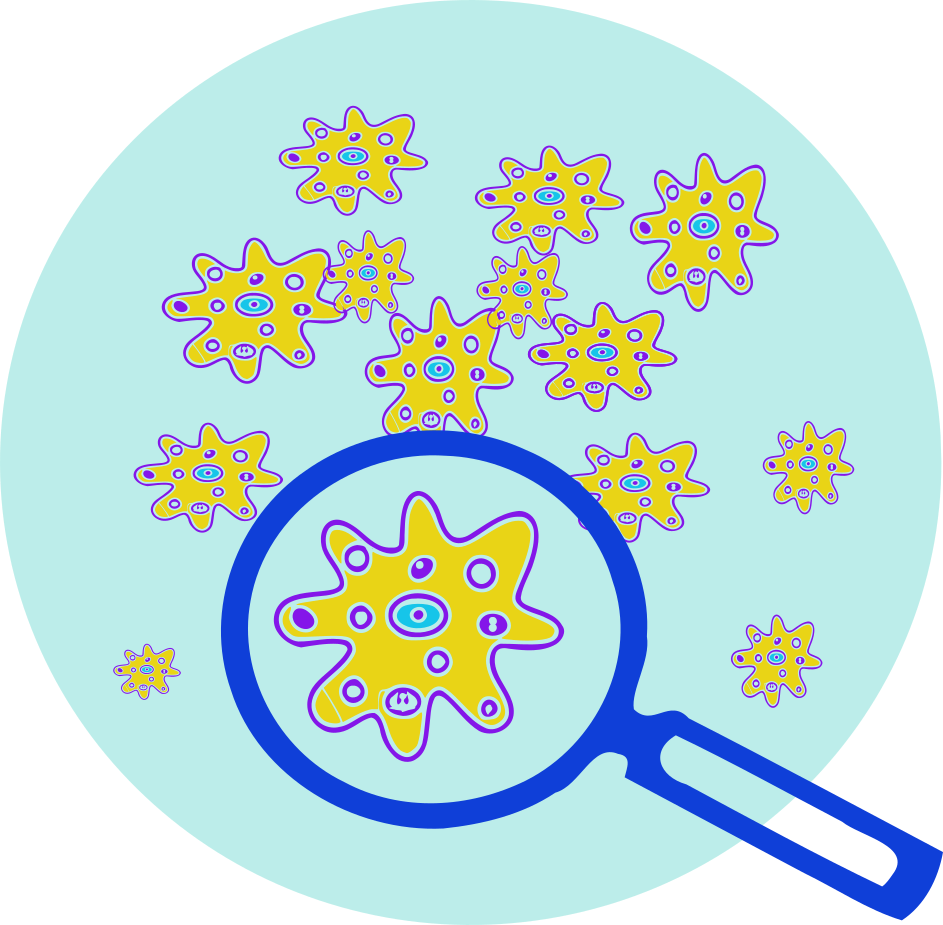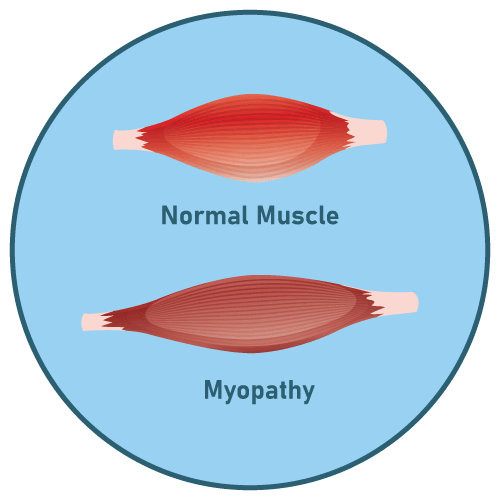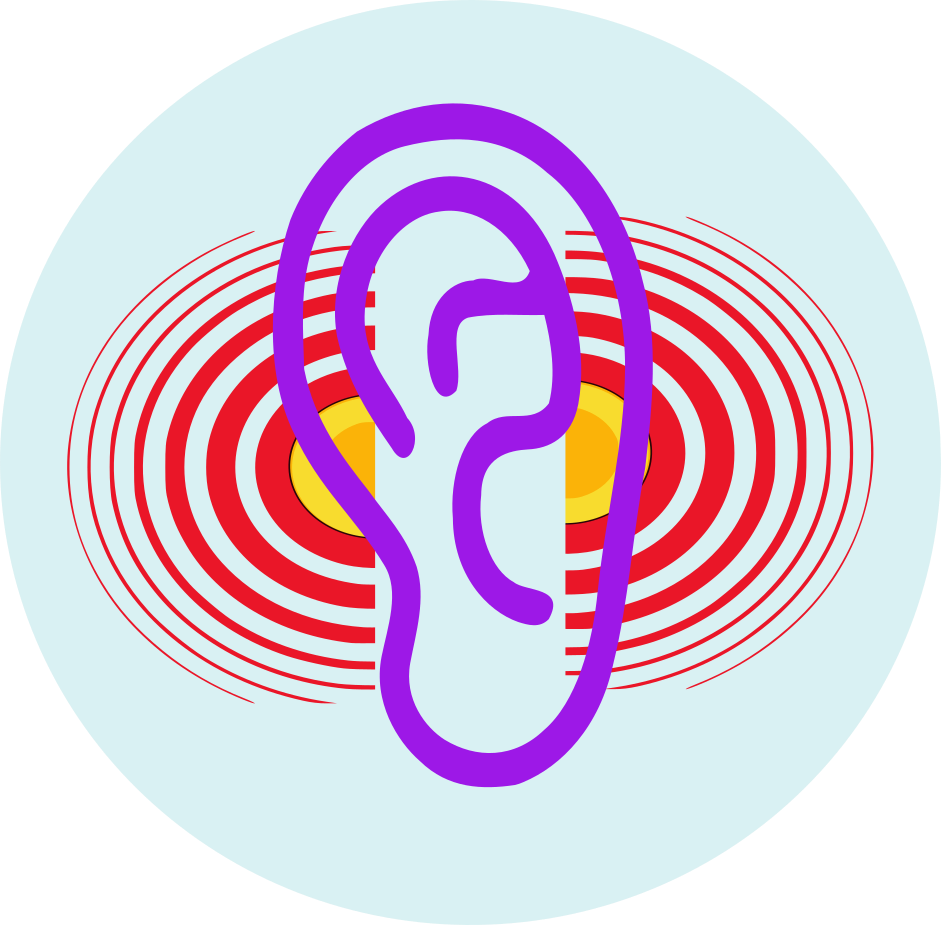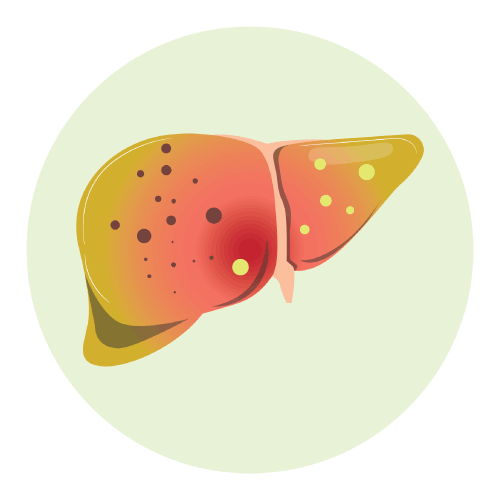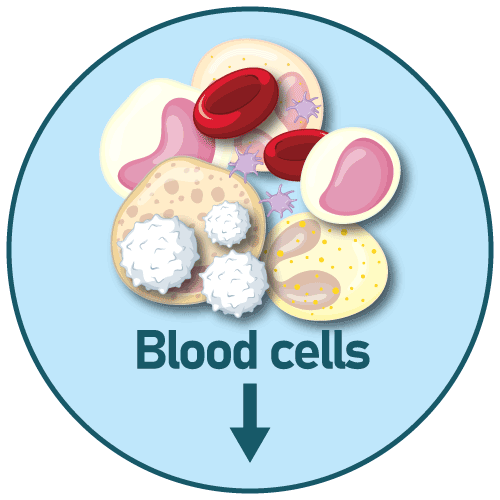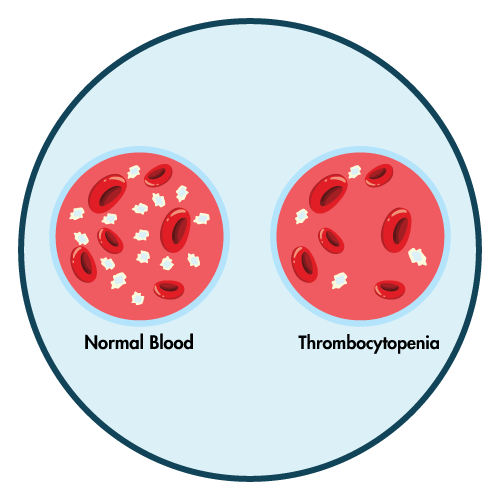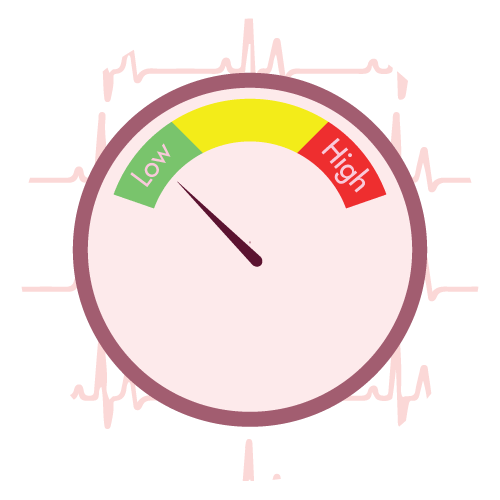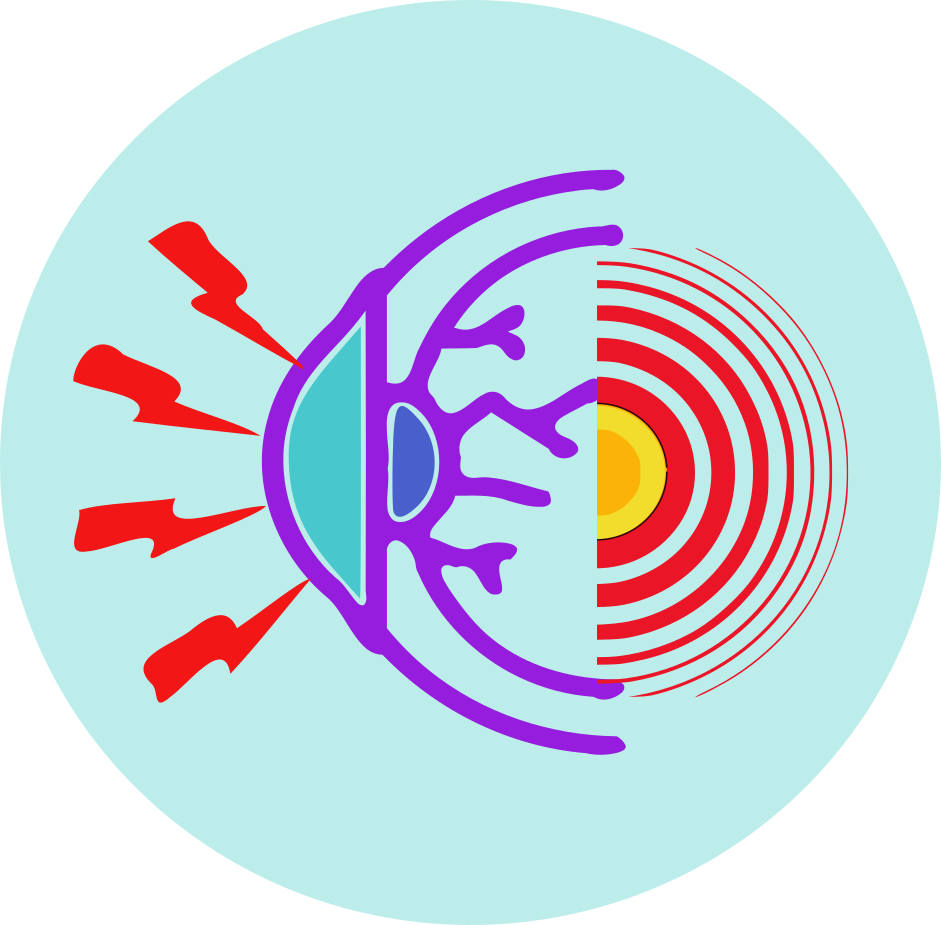| Name | Chloroquine Phosphate |
| Classes |
Antiinfective Agent Antiprotozoal / Amebicide |
| Diseases |
Infectious Disease Malaria Parasitic Infection |
Chloroquine Phosphate
Chloroquine Phosphate is an antiprotozoal agent that is effective against Malaria and Amoeba parasites. While the medicine has the ability to inhibit some enzymes, it is thought that its effect is due, at least in part, to its interaction with DNA. However, the mechanism of chloroquine's plasmodicidal activity is not totally understood.
Chloroquine phosphate is indicated for the following conditions-
- suppressive treatment and for acute attacks of malaria due to P. vivax, P.malariae, P. ovale, and susceptible strains of P. falciparum.
- extraintestinal amebiasis
For suppression of Malaria
- Adults: 500 mg on exactly the same day of each week.
- Pediatrics: The weekly suppressive dosage is 5 mg per kg of body weight as a starting point, but no more than the adult dose should be taken regardless of weight. Suppressive therapy should begin two weeks before exposure if conditions allow. If this fails, an initial double (loading) dose of 1 g (= 600 mg base) or 10 mg base/kg in children may be administered in two divided doses six hours apart. After leaving the endemic area, the suppressive therapy should be continued for another eight weeks.
For the treatment of acute attack:
- Adults: An initial dose of 1 g (= 600 mg base) followed by an additional 500 mg (= 300 mg base) after six to eight hours and a single dose of 500 mg (= 300 mg base) on each of two consecutive days. This represents a total dose of 2.5 g chloroquine phosphate or 1.5 g base in three days.
- Infants and children:
-
- First dose: 10 mg base per kg (but not exceeding a single dose of 600 mg base).
- Second dose: (6 hours after first dose) 5 mg base per kg (but not exceeding a single dose of 300 mg base).
- Third dose: (24 hours after first dose) 5 mg base per kg.
- Fourth dose: (36 hours after first dose) 5 mg base per kg.
Concurrent treatment with an 8-aminoquinoline drug is required for a complete cure of vivax and malariae malaria.
The following side effects were reported with the use of chloroquin phosphate-
- Ocular: Maculopathy, macular degeneration, blurred vision, damage to the retina.
- Musculoskeletal system: Myopathy, depression of tendon reflexes and abnormal nerve conduction.
- Auditory: Nerve type deafness; tinnitus, reduced hearing in patients with preexisting auditory damage.
- Gastrointestinal system: Hepatitis, increased liver enzymes, anorexia, nausea, vomiting, diarrhea, abdominal cramps.
- Skin and appendages: Rare reports of erythema multiforme, Stevens-Johnson syndrome, toxic epidermal necrolysis, exfoliative dermatitis.
- Hematologic system: Rarely, pancytopenia, aplastic anemia, reversible agranulocytosis, thrombocytopenia and neutropenia.
- Nervous system: Convulsive seizures, mild and transient headache, polyneuritis, dystonia, dyskinesia, tongue protrusion, torticollis, psychosis, delirium, anxiety, agitation, insomnia, confusion, hallucinations, personality changes, and depression.
- Cardiac system: Rarely, hypotension, electrocardiographic change, cardiomyopathy
- Certain strains of P. falciparum have developed resistance to 4-aminoquinoline drugs, according to research (including chloroquine and hydroxychloroquine). Chloroquine resistance is ubiquitous, and it is particularly prevalent in sub-Saharan Africa, Southeast Asia, the Indian subcontinent, and extensive swaths of South America, including the Amazon basin, at the moment.
- It should be determined whether chloroquine is appropriate for usage in the region where the traveler will be visiting before using it for prophylaxis. Chloroquine should not be used to treat P. falciparum infections acquired in chloroquine-resistant areas or malaria in patients who have failed to respond to chloroquine prophylaxis.
- If patients are receiving long-term treatment, complete blood cell counts should be performed on a regular basis. If a serious blood condition develops that is not related to the disease being treated, the medicine should be stopped.
Patients with G-6-PD (glucose-6 phosphate dehydrogenase) deficiency should use the drug with caution.
Chloroquine should be used with caution in people who already have hearing problems. Chloroquine should be stopped promptly if there are any hearing problems, and the patient should be continuously monitored. - Because this medicine is known to concentrate in the liver, it should be taken with caution in individuals with hepatic illness or alcoholism, or in combination with other drugs that are known to be hepatotoxic.
Contraindication
Contraindicated in patients hypersensitive to any component of the medication.
There is no known contraindications of the drug in terms of food and drinks.
Contraindicated in patients with presence of retinal or visual field changes.
- Visual problems
- Optic neuritis
|
|
 Bangla
Bangla English
English